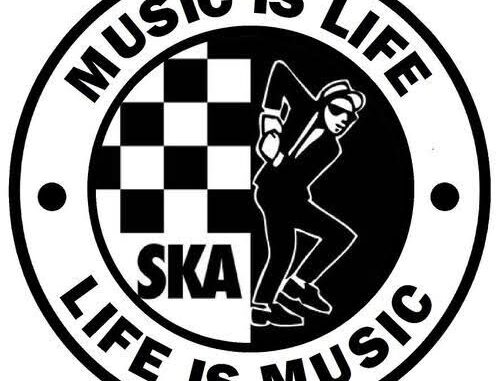
“Ska on the Brink: Fears Rise as Iconic Music Genre Faces Extinction”
The infectious offbeat rhythms, bold brass sections, and rebellious energy of ska music may soon fade into history, as experts and musicians warn that the iconic genre is facing possible extinction. Once the heartbeat of cultural movements in Jamaica, the UK, and beyond, ska now battles dwindling mainstream relevance and shrinking global recognition.
Ska music, born in Jamaica in the late 1950s, pioneered the sounds that would later evolve into reggae and influenced generations of punk, rock, and alternative bands. Known for its upbeat tempo and socially conscious lyrics, ska became a global phenomenon in the 1980s with bands like The Specials, Madness, and The Mighty Mighty Bosstones leading a vibrant musical revolution.
But today, ska’s booming horns and rhythmic guitar strokes are struggling to be heard. Record sales for ska bands have plummeted, festival lineups rarely feature ska acts, and new generations of listeners seem unaware of the genre’s rich legacy. Industry insiders warn that without significant revival efforts, ska risks becoming a relic of the past.
“The truth is, the industry chases trends,” says music historian Marlon Edwards. “Ska isn’t in the mainstream conversation anymore, and young artists aren’t seeing ska as a viable path to success.” Edwards adds that ska’s influence can still be found in modern pop and reggae fusion but fears the genre’s core identity is vanishing.
In its heyday, ska was more than just music — it was a cultural force. It united racially divided communities in the UK during the Two-Tone era and provided a voice for working-class youth in Jamaica. As socio-political struggles persist today, many wonder if ska’s message is needed now more than ever.
Musicians within the ska scene are sounding the alarm. Veteran performers say they’ve watched attendance at shows decline and record labels shy away from supporting ska projects. “We’re fighting to keep this alive,” says Pauline Black, frontwoman of The Selecter. “But without fresh blood, without new fans, the future looks bleak.”
Despite the warnings, there are sparks of hope. Grassroots festivals, underground ska bands, and digital platforms like YouTube and Spotify have kept the genre alive for dedicated fans. However, experts agree that without broader support, ska risks becoming an obscure footnote in music history.
For now, the skanking dance floors may still echo in small clubs and niche festivals, but unless a global resurgence emerges, the sun may be setting on one of the world’s most distinctive and culturally significant genres. The question remains — will the world answer the final ska call, or will the beat fade forever?

Leave a Reply